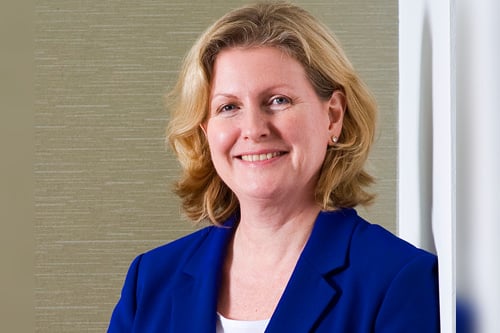

The culture of the insurance profession is something that developed over the course of more than 300 years, set by the values, expectations and assumptions of those who founded the original firms. In recent years leading lights in the insurance profession have started to ask questions about how culture affects the success of a business, the wellbeing of its people and, ultimately, the impact this has on consumers. This is important because as the values of society evolve, any business which hopes to remain relevant in modern times must be ready and able to evolve with it, and insurance, as crucial as it is to society, is too important to be left behind.
Culture impacts different people in different ways. In 2019 a clear light was shone on how the profession is currently handling the challenge of diversity and inclusion. While this highlighted a lot of room for improvement, it also showed a willingness to change, and an understanding of why it is important. A sign of that willingness to change was how many insurance firms signed the Insuring Women’s Futures pledges:
I believe 2020 will see even more talk about the changing culture of the insurance and personal finance profession as these things turn into action.
In order for the profession to best serve society, it is imperative that the profession best reflects society. We know now that there are real benefits for businesses with the most diverse workforces, such as greater levels of innovation, happier and more engaged colleagues, and even greater profits. The most impactful change of recent years came with the buy-in from the government and the regulators, with the implementation of more comprehensive diversity reporting requirements from larger organisations.
These reports being mandated is an important step, because while there are no consequences for companies which are yet to achieve representative workforces, the reporting means that companies can’t avoid being aware of how they are currently performing. It is in knowing, and facing the facts publicly, that we are able to begin the process of positive change. To practice what they preach, the FCA published the Senior Manager & Certification Regime data with a gender split for the first time.
Women in financial services was a significant talking point in 2019 as the profession assessed what, beyond what can be written into corporate policy, needs to change to create a safe and inclusive working environment for all. Lloyd’s made the decision to lead by example by releasing its new blueprint for the future of its culture, which addressed issues such as bullying, drinking and sexual harassment.
Raising awareness of these issues has been a great first step for the profession to assess where it currently stands on the journey of progress, and also to define where it is that the profession wants to go. It is time for this increased awareness to be turned into more positive action. Now that these issues have been identified, we know what needs to be changed. I myself have recently met with the FCA to discuss the benefit of gender disaggregated data, and to formally endorse this as a positive step towards a more equitable profession.
The CII produces its own reporting with disaggregated data, including both gender, and race pay-gap reporting, even though we fall below the company size threshold at which it would be mandated. We volunteered this data because as the professional body for the insurance and personal finance professions, we purport standards, professionalism, and trust. Therefore, we are glad to lead with transparency in order to live by what these three mantras stand for.
The most important lesson which the profession learned from 2019 is that the way in which things have always been done is not necessarily the way in which things should always be done. The insurance profession has always needed to be ready to adapt, be it for new and emerging technologies, such as when the first cars took to the road, to where we find ourselves now, on the verge of intergalactic tourism.
Culture has for a long time been overlooked as a priority for evolution, but the time to change is now.
